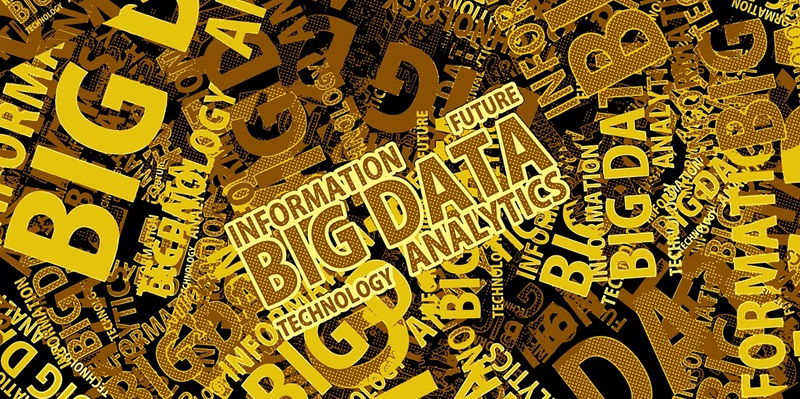In today’s rapidly evolving landscape of technology careers, it is crucial for professionals to understand the distinction between Big Data and Data Science. This knowledge plays a pivotal role in guiding individuals towards lucrative and fulfilling paths in the industry.
Definition
Big Data involves the management and analysis of vast and diverse datasets characterized by their high volume, velocity, and variety. On the other hand, Data Science encompasses the extraction of valuable insights from these datasets through statistical analysis, machine learning, and data visualization.
Role of Big Data Professionals
Big Data professionals specialize in tools and technologies such as Hadoop, Spark, and NoSQL databases. Their main focus lies in data storage, processing frameworks, and the efficient management of large datasets. By leveraging their expertise, they enable organizations to efficiently handle massive amounts of information.
Roles of Data Science Professionals
Data Science professionals possess a diverse skill set that includes programming, statistical modeling, machine learning, data visualization, and domain expertise. They utilize these skills to extract meaningful insights from large datasets, enabling organizations to make data-driven decisions and gain a competitive advantage.
Focus of Big Data
The primary focus of Big Data lies in effectively handling immense datasets, emphasizing scalability, and implementing efficient storage solutions. By utilizing tools such as Hadoop and Spark, organizations can overcome the challenges posed by the increased volume, velocity, and variety of data.
Focus of Data Science
Data science places a strong emphasis on extracting valuable insights from large datasets using statistical models and machine learning algorithms. By analyzing and interpreting data, data scientists help organizations make informed decisions, identify patterns, and drive innovation.
Application of Big Data
Big Data has wide-ranging applications across various industries. In finance, it enables organizations to analyze market trends, evaluate risks, and make informed investment decisions. In healthcare, Big Data improves patient care through data-driven diagnoses and personalized treatments. In e-commerce, it enhances customer experiences by providing personalized recommendations and streamlining supply chain operations. By leveraging Big Data, organizations can enhance efficiency, gain a competitive edge, and drive growth.
Application of Data Science
Data Science has a broad spectrum of applications. Predictive analytics enables organizations to forecast trends, optimize operations, and improve decision-making. Recommendation systems provide personalized suggestions and enhance user experiences across various platforms. Fraud detection algorithms identify anomalous patterns and prevent financial and security breaches. Personalized marketing utilizes data-driven insights to target specific customer segments and improve marketing strategies.
Future Trends for Big Data
The future of Big Data lies in advancements in data storage, processing, and analysis technologies. Organizations are continuously developing innovative solutions to manage the ever-increasing volume, velocity, and variety of data. This includes the integration of cloud computing, real-time analytics, and advanced data processing frameworks to handle massive datasets more efficiently and make informed decisions in real time.
Future Trends for Data Science
Data science is poised for continued growth as it integrates into various industries. Organizations are recognizing the value of data-driven decision-making and are increasingly adopting data science practices. The future of data science includes a greater focus on automation, integration with emerging technologies such as artificial intelligence and the Internet of Things, and its application in fields beyond business analytics, including healthcare, education, and transportation.
As technology continues to shape the future, understanding the distinction between Big Data and Data Science is essential for professionals seeking rewarding careers in the industry. By recognizing the unique roles and focuses of each domain, individuals can make informed career choices and contribute to the ever-expanding field of data-driven insights and innovation.

